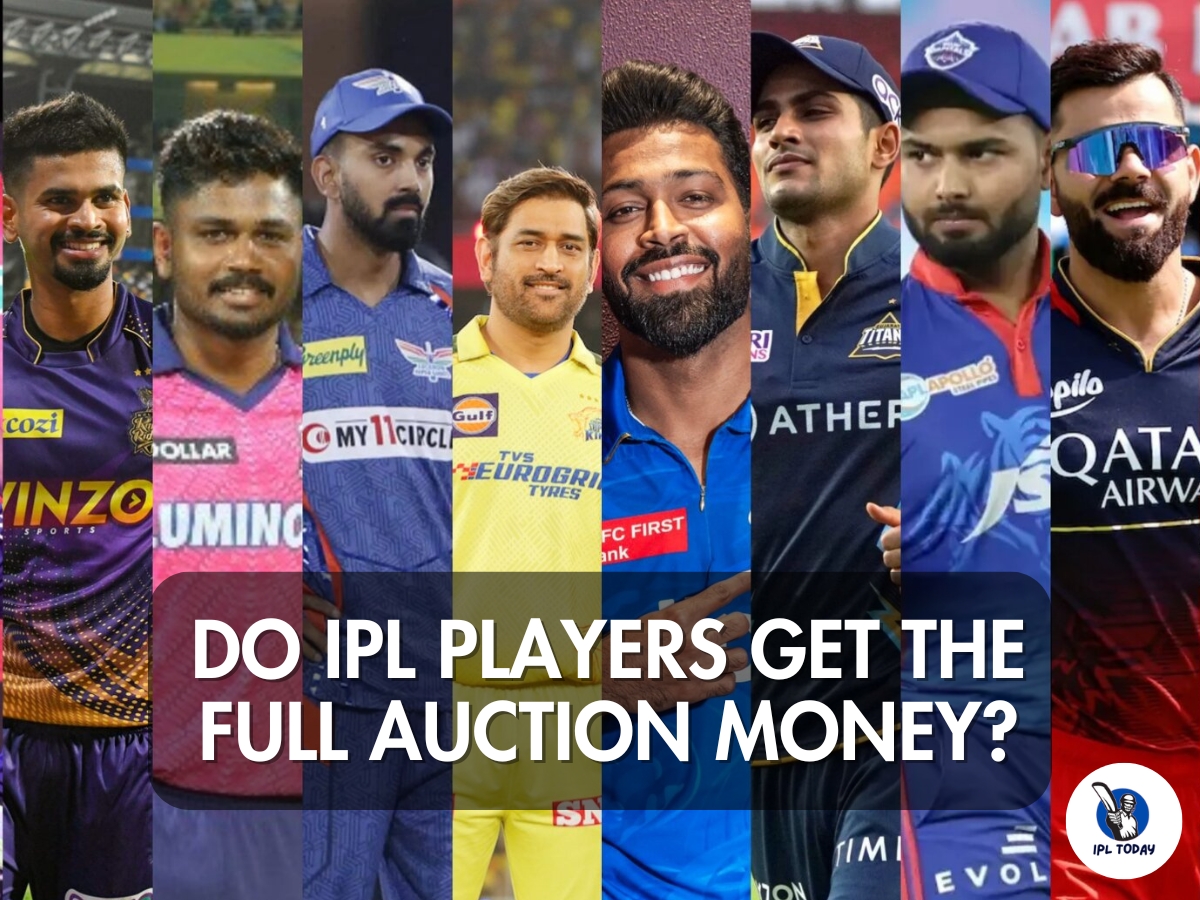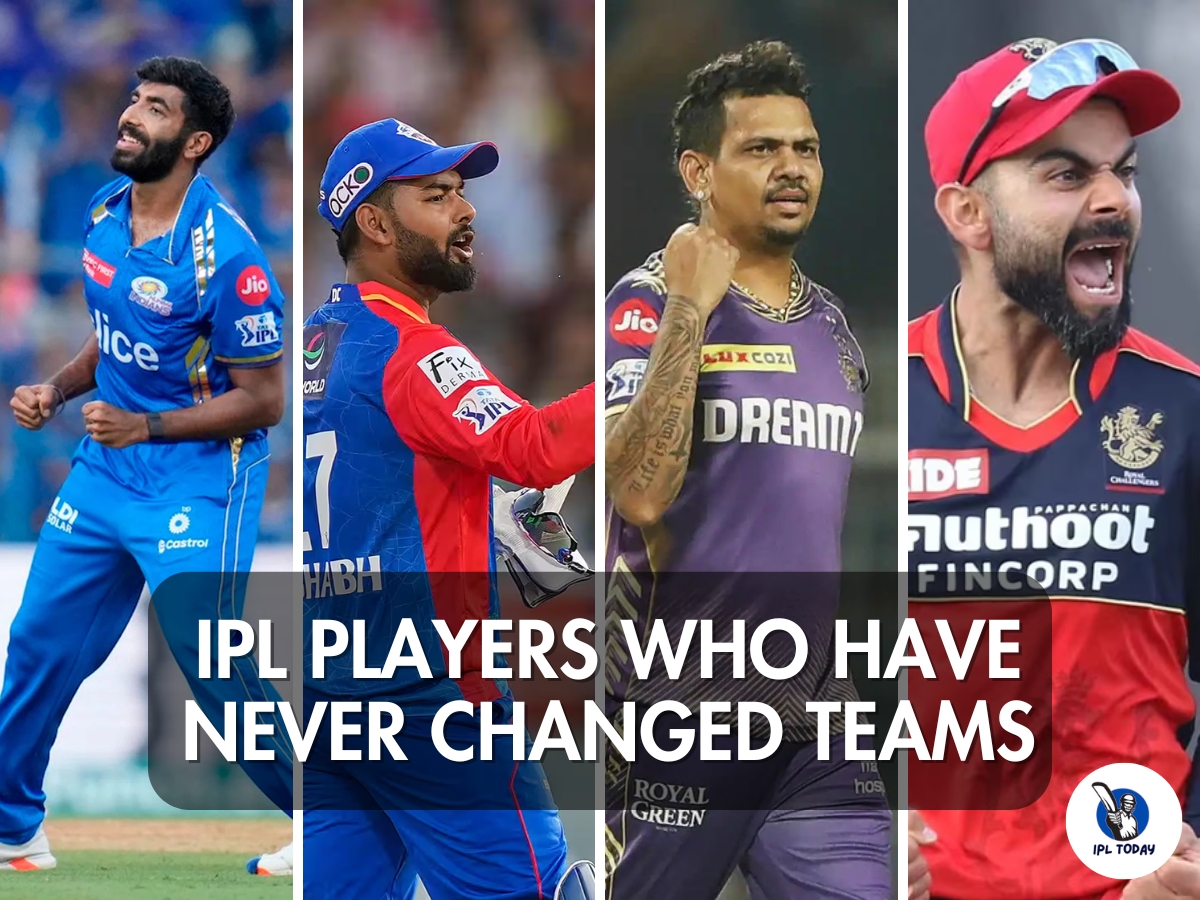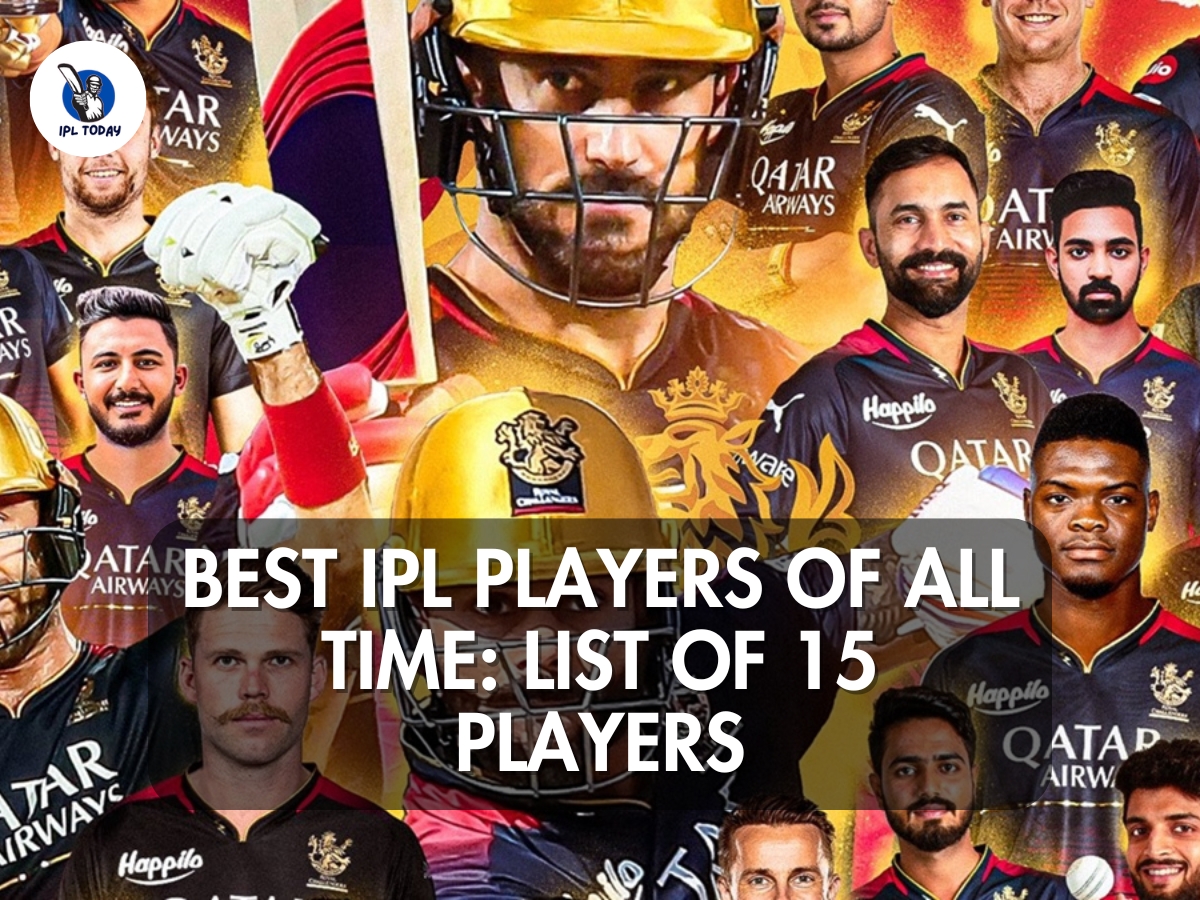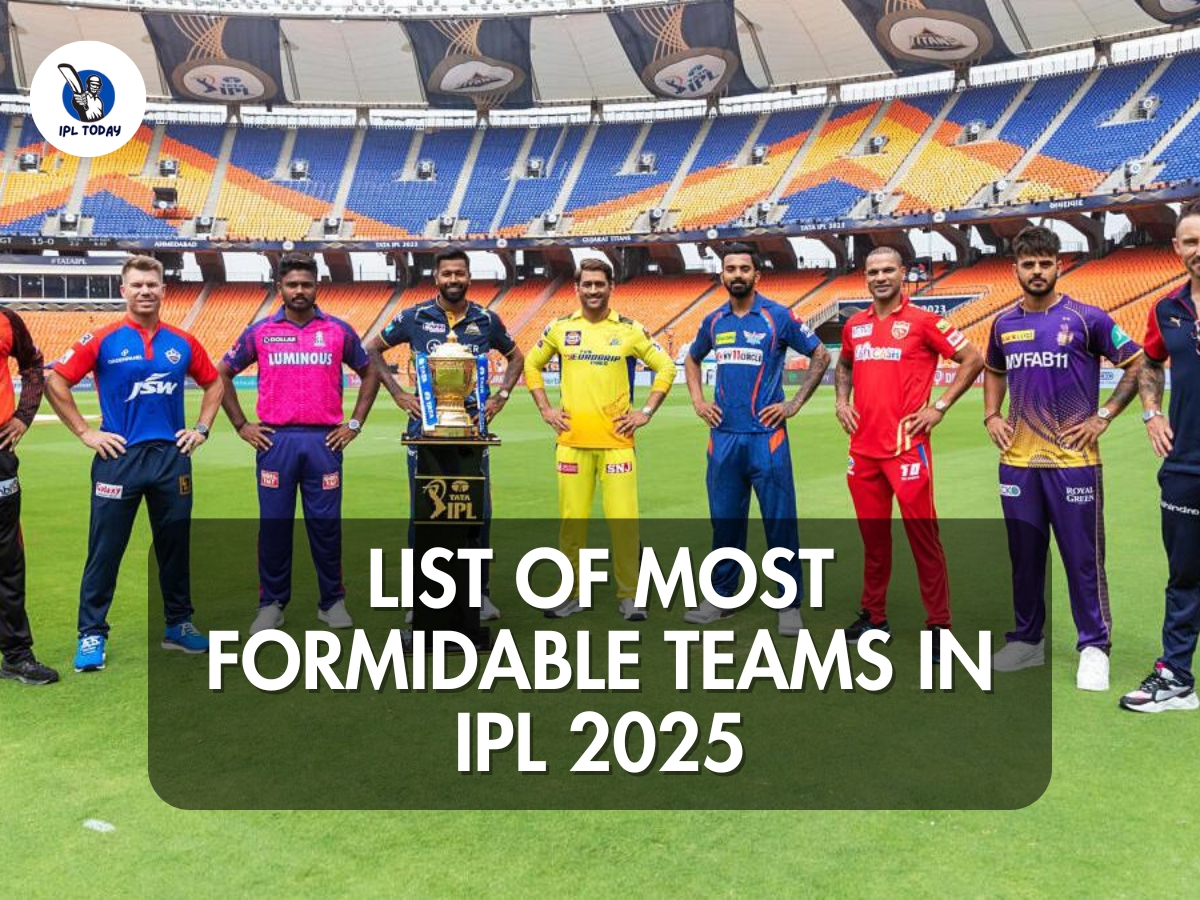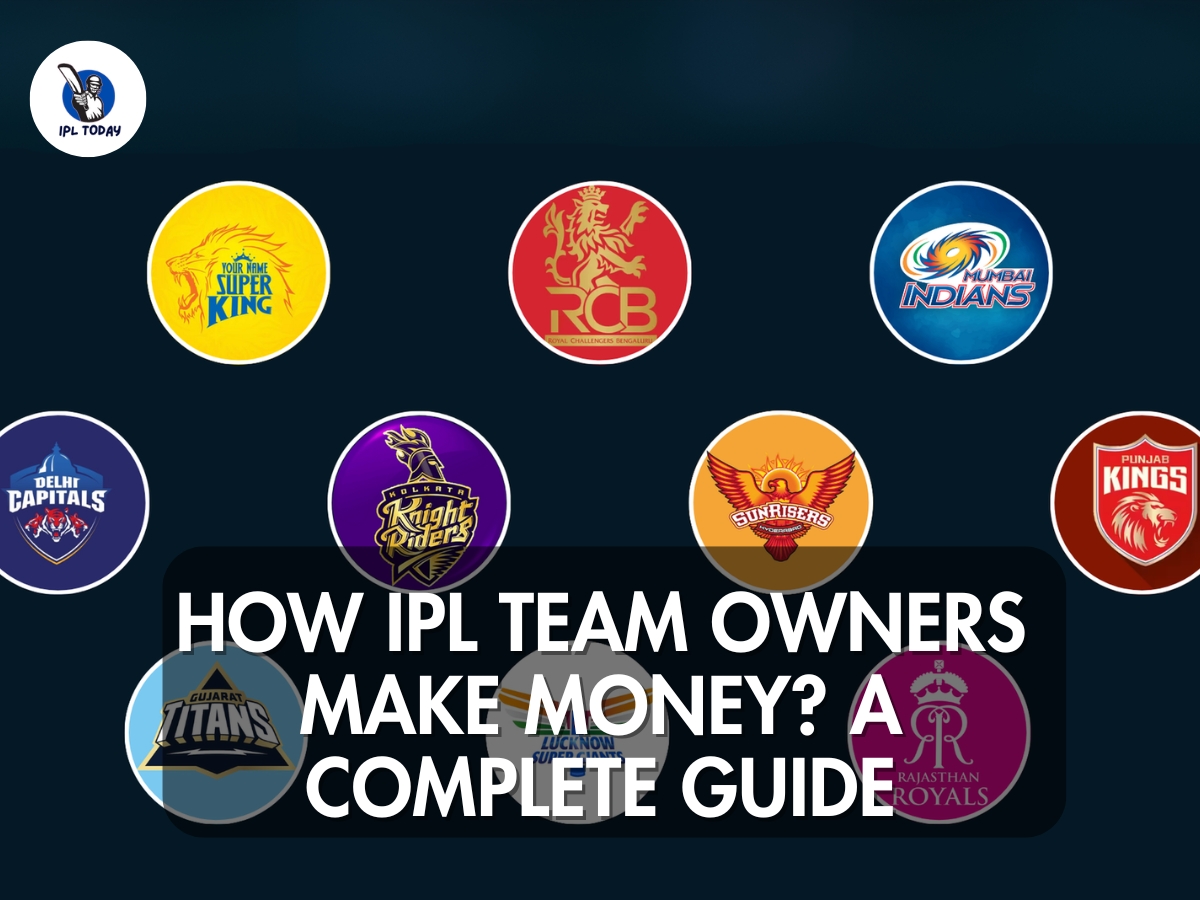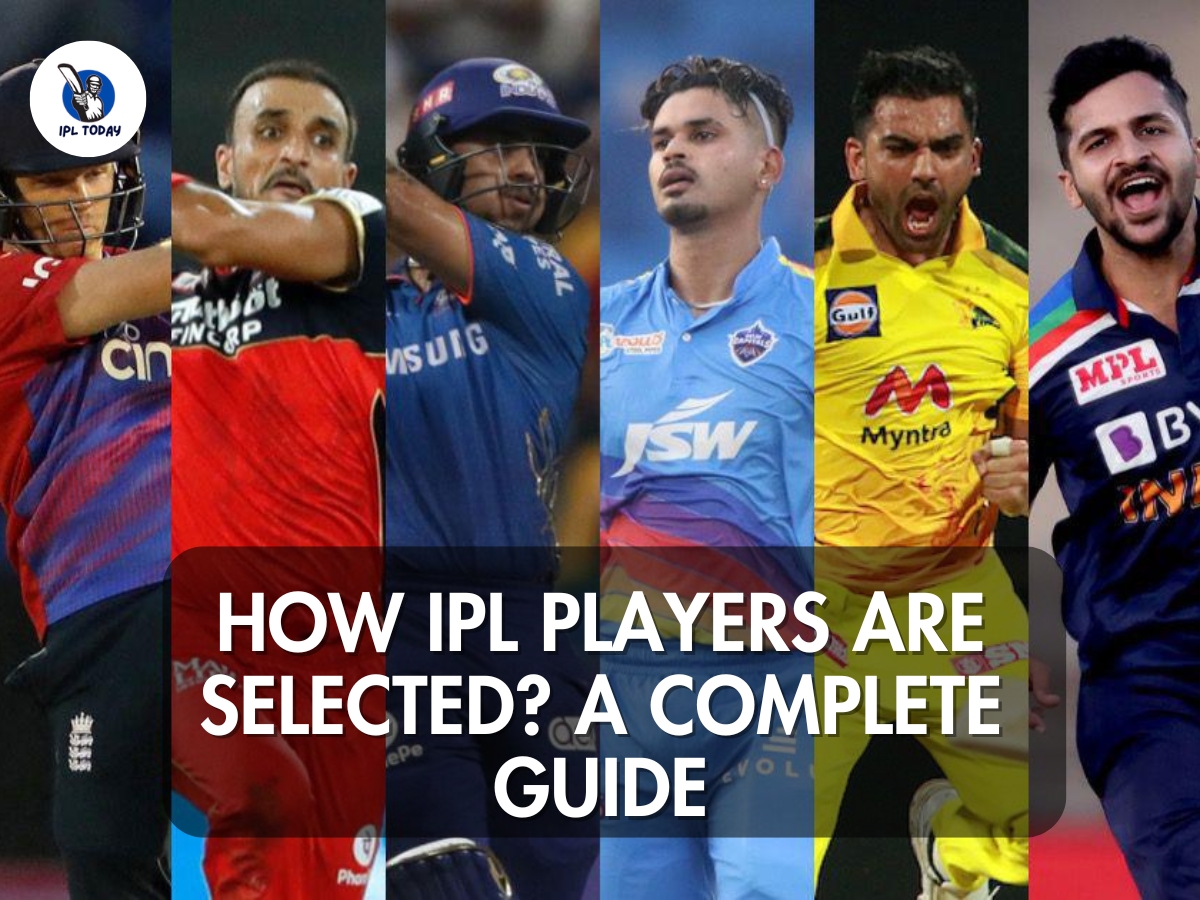The Indian Premier League (IPL) is not just a cricketing spectacle but also a significant financial enterprise, involving complex payment and taxation structures for its players. This article aims to provide an authoritative breakdown of how IPL players are paid and the tax implications, ensuring an in-depth understanding of the topic “Do IPL players pay tax?”
Salary Structure of IPL Players
IPL players’ income is multifaceted, including:
- Base Salary: The guaranteed amount for the season, varying based on experience and auction demand. Top players can earn up to INR 15 crores for Indian players and $2.2 million for overseas players.
- Match Fee: Additional earnings per game, based on the player’s base salary.
- Signing Bonus: A one-time payment upon signing the contract, sometimes 10% of the player’s base salary.
- Prize Money: Teams vie for a significant prize pool, with bonuses for individual or team performances.
- Endorsements: Many players earn substantial amounts through brand endorsements, sometimes exceeding their IPL contract income.
Read:
- Umpire Salary in IPL: Every Detail You Need to Know
- Ravi Bishnoi IPL salary: Complete Details and Salary Comparison
- Rinku Singh IPL Salary: Contract Details, Perks and Benefits
Payment Schedule
The IPL’s payment structure is typically spread over three installments:
- 10% within 10 days of the season’s first game.
- 60% during the season.
- 20% after the season ends.
This structure ensures financial stability for the players throughout the season.
Do IPL Players Pay Tax?
Yes, IPL players do pay tax. Indian players are taxed based on their income tax slab, with TDS deducted at source. Foreign players are subject to a 20% tax on their IPL earnings, deducted at source, especially if their stay in India exceeds 182 days in a financial year. Compliance with these tax rules is a significant aspect of their participation in the IPL. Here are more details on this topic.
Taxation for IPL Players
Expert opinions emphasize the complexity of tax regulations affecting IPL players. Given the lucrative nature of IPL contracts, endorsements, and prize money, players often find themselves in higher tax brackets. For instance, Indian players are taxed based on their income tax slab, ranging from 5% to 30% depending on their total income. Foreign players, on the other hand, face a 20% tax on their IPL earnings if their stay in India exceeds 182 days in a financial year.
Legal Perspectives on IPL Players’ Tax Obligations
The legal framework surrounding IPL taxation is intricate. According to the Income Tax Act, 1961, fees received by cricket players from IPL team owners are taxable as income from other sources. IPL team owners are required to deduct TDS (Tax Deducted at Source) on these fees, with rates as per the prevailing tax rates. This legal obligation ensures tax compliance from both the franchises and the players.
Taxation for Global Players in IPL
For foreign IPL players not physically present in India for more than 182 days in a financial year, the taxation rules in their home countries become applicable. This international aspect of tax law adds another layer of complexity to the financial management of IPL players, requiring them to be cognizant of tax obligations in multiple jurisdictions.
Financial Planning and Tax Compliance
Given the varying tax rates and legal requirements, IPL players, both Indian and foreign, must engage in careful financial planning. This includes accurate reporting of income, timely tax payments, and strategic financial management to optimize tax liabilities while ensuring compliance with the law.
Future Trends in Sports Taxation
The evolving landscape of international cricket and sports, in general, might influence future tax policies. Changes in international tax treaties, revisions in Indian tax laws, or alterations in the structure of the IPL could significantly impact how players manage their earnings and tax obligations.
Final Takeaway
The taxation of IPL players is a multifaceted issue, blending sports, finance, and law. As the IPL continues to grow, understanding these tax implications becomes increasingly important for players, agents, and all stakeholders involved.




